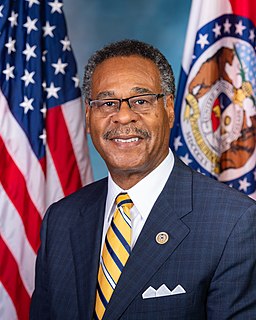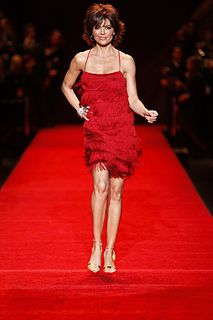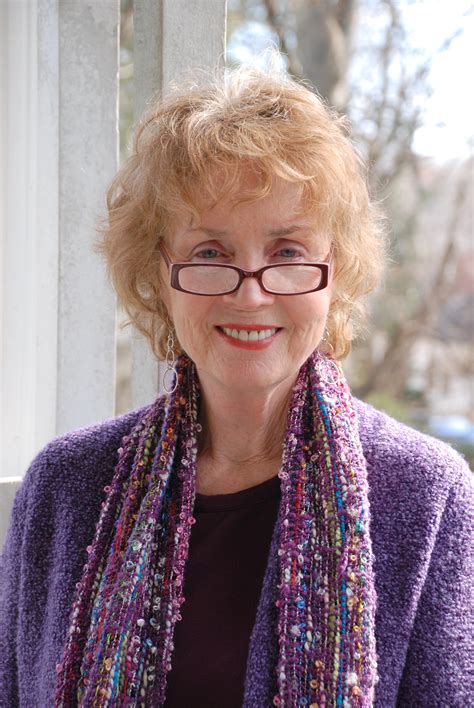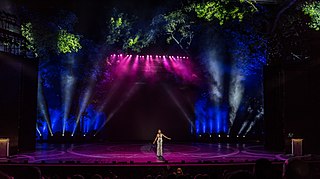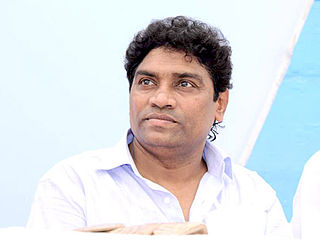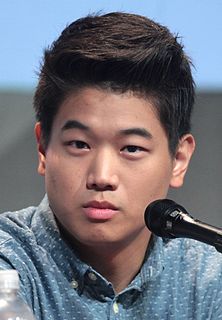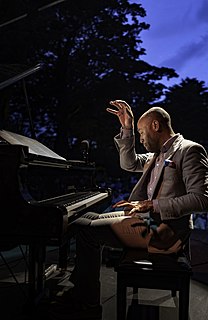A Quote by Anthea Butler
The shooter's choice of Emanuel AME was most likely deliberate, given the church's storied history. It was the first African Methodist Episcopal church in the South, founded in 1818 by a group of men including Morris Brown, a prominent pastor, and Denmark Vesey, who would go on to lead a large, yet failed, slave revolt in Charleston.
Related Quotes
In my mother's church, everybody read the Bible and it was mostly about music. My mother had the most beautiful voice I have ever heard in my life. She could sing anything - classical, jazz, blues, opera. And people came from long distances to that little church she went to - African Methodist Episcopal, the AME church she belonged to - just hear her.
My aunt Geraldine was the unofficial historian and storyteller. She had all the information about family members and the gossip that came out of the church because we were very much part of the African Methodist Episcopal Zion Church. At family gatherings, the older folk had the floor, had pride of place, and it was their stories I remember.
I was raised in a little church, the Grundy Methodist Church, that was very straight-laced, but I had a friend whose mother spoke in tongues. I was just wild for this family. My own parents were older, and they were so over-protective. I just loved the 'letting go' that would happen when I went to church with my friend.
My son had a tumour on his neck. We went for surgery but it failed because the tumour was difficult to remove. Later, we went to New York for his surgery. I was scared as his first operation had failed. I went to church and met a pastor. He told me to go ahead, God would take care of everything. And the surgery was successful.
The church is in trouble-that's what they say anyways. The problem is most of what they call the church is not the church, and the church is not quite as in trouble as everybody thinks. As a matter of fact, the church today is absolutely beautiful-she's glorious, she's humble, she's broken, and she's confessing her sin. The problem is what everybody's calling the church today isn't the church. Basically, by and large, what's called the church today is nothing more than a bunch of unconverted church people with unconverted pastors.




